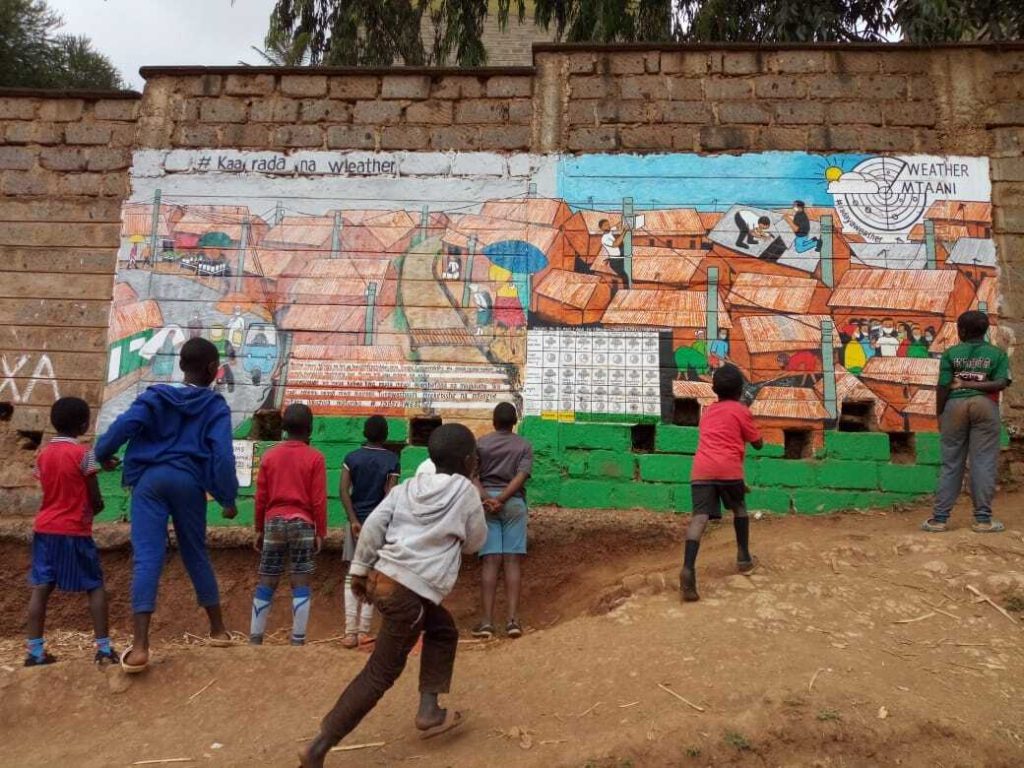The UK is a strong supporter of the Charter on Getting Ahead of Disasters and co-hosted the launch event at COP28. In 2024, the UK championed the Charter within G20 Disaster Risk Reduction discussions and other policy fora, in line with the new UK Government’s commitment to put climate and nature at the heart of British foreign policy, unlock climate finance and strengthen community resilience. The UK recognises the moral imperative to act before crises unfold to save lives and protect livelihoods, as it has never been more important to prepare and reduce risks and loss and damage.

As Co-Chair of the Governing Board of the Risk Informed Early Action Partnership (REAP), alongside Samoa, the UK wants to see a systemic shift to act earlier, collectively, and keep people safe from climate-related disasters. The UK has sought to further principle 3 of the Charter to “Maximize our efforts to arrange finance in advance of disasters so that support is faster, more reliable and better targeted”. Pre-arranged finance must be scaled up to make funding available for the most vulnerable people when disasters strike. Climate shocks are often predictable and yet only a tiny proportion, 0.2%, of all humanitarian funding in 2021 was for anticipatory action before shocks happened. Only 1.1% of all crisis financing from donors is arranged in advance and only a tiny proportion of that goes to low-income countries.[1]
The UK is championing investments in anticipatory action, following the UK-led G7 Famine Prevention Compact and UK support for the G7 Declaration on Strengthening Anticipatory Action to prevent suffering and reduce humanitarian impacts. The UK spent over GBP 50 million on anticipatory action in 2022 and continues these high levels of spending to prepare people in advance of crises and strengthen climate resilience. For example, the UK has supported the UN Central Emergency Response Fund (CERF) to expand its anticipatory action interventions and the World Food Programme to provide anticipatory cash transfers in Ethiopia to support communities ahead of a predicted drought. The UK has also contributed GBP 9.3 million to the Climate Risk and Early Warning Systems initiative (CREWS) and GBP 6 million to REAP to date.
The UK promotes pre-arranged finance through longstanding support of regional insurance schemes (‘risk pools’) in Africa, the Caribbean and the Pacific for droughts, floods and cyclones, as a vital last line of defence. They work alongside early warnings for countries and, where possible, funds are released in anticipation of disasters or very rapidly after a shock. Major climate-related disasters during 2024 have demonstrated the benefits of pre-arranged finance, with timely payouts from climate risk insurance in many countries.
For example, ten years ago, the UK worked with African countries and other partners to set up the regional insurance risk pool African Risk Capacity (ARC), to help African governments improve their resilience to disasters. At COP28, the UK committed GBP 14.5 million of disaster risk finance including for drought insurance through ARC. The benefits of these policies became clear in July 2024, when ARC paid out over USD 62 million to the Governments of Malawi, Mozambique, Zambia and Zimbabwe, as well as to humanitarian responders the Start Network and World Food Programme, to help them manage the impacts of severe drought on vulnerable communities.
As a founder donor of the Caribbean Catastrophe Risk Insurance Facility (CCRIF), the UK has also invested in building resilience to hurricanes and floods in the Caribbean. CCRIF’s payout monitoring reports state that their insurance payouts have benefitted over 3.5 million people in the Caribbean and Central America. When Hurricane Beryl caused huge damage in the Caribbean in June 2024, the region’s small island states received more than USD 75 million in quick payouts for response and recovery. Grenada received USD 55.5 million, including a maximum payment for the national water utility company through a new UK-funded scheme, which helped to restore vital clean water supplies to affected households and avoid disease outbreaks.
Through UK Foreign, Commonwealth and Development Office support, the UK Met Office also works with under-represented groups across the world so that they can better access and use weather and climate data to protect themselves and their livelihoods. For example, Weather Mtaani is run by the community for the community in Kibera, Kenya, and helped reduce deaths due to flooding, supported livelihoods and taught children about weather-related technology.
The UK remains committed to early and anticipatory action and seeing the principles of the Charter turned into action, encouraging others to endorse the Charter and get funding to those who need it the most. The UK will continue to be a strong collaborator with partners with a shared commitment to act ahead of disasters and deliver solutions at scale.
“It has never been more important to prepare for climate related disasters to save lives and protect livelihoods. Without a systemic shift to act earlier and more finance for early and anticipatory action, vulnerable populations will continue to bear the brunt of the climate crisis. We are committed to seeing the Charter widely catalyze action to plan ahead of disasters, particularly through nationally and locally led approaches to build resilience.”
– Gerard Howe, Deputy Director, Adaptation, Nature and Resilience Department, UK FCDO
[1] Centre for Disaster Protection | The State of Pre-arranged Financing for Disasters 2024

